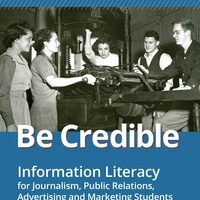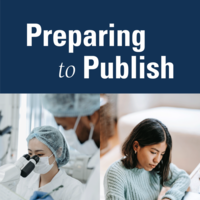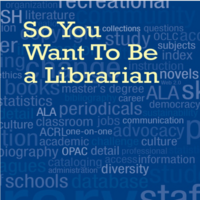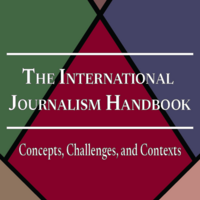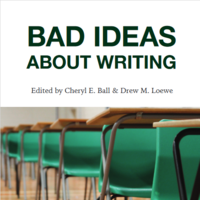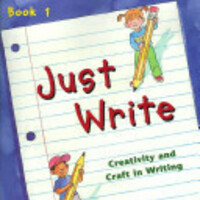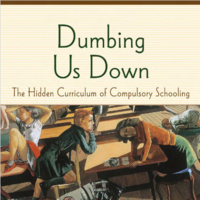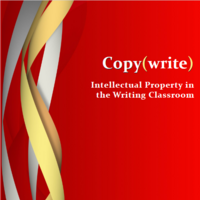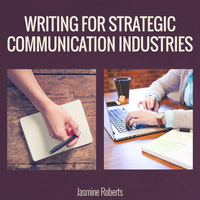Search
Books+
Searching 1,730 books
Search related to the career Editor
Qualifications for an Editor
To become an editor, certain qualifications and skills are typically required. These qualifications may vary depending on the specific industry or type of editing you are interested in. Here are some common qualifications for an editor:
Educational Background:
A bachelor's degree in English, journalism, communications, or a related field is often preferred. However, some editors gain experience and skills through alternative paths.
Language Proficiency:
Strong command of the language in which you will be editing is crucial. This includes excellent grammar, spelling, punctuation, and vocabulary skills. Editors should have a keen eye for detail and be able to spot errors easily.
Writing Skills:
Editors should possess exceptional writing skills to effectively communicate and convey ideas. They should be able to rewrite and restructure sentences or paragraphs to improve clarity, coherence, and flow.
Knowledge of Style Guides:
Familiarity with style guides such as the Associated Press (AP) Stylebook, Chicago Manual of Style (CMS), or Modern Language Association (MLA) Style Guide is often required. Editors must adhere to these guidelines to ensure consistency and accuracy in their work.
Attention to Detail:
Editors need to be meticulous and have a strong attention to detail. They must be able to identify errors in grammar, punctuation, spelling, and formatting. They should also be skilled at fact-checking and verifying information.
Time Management:
Editors often work on multiple projects simultaneously, so effective time management and organizational skills are essential. They should be able to meet deadlines and prioritize tasks accordingly.
Collaboration and Communication:
Editors frequently collaborate with writers, authors, and other professionals. Good communication skills are necessary to provide constructive feedback, discuss revisions, and maintain a positive working relationship.
Technology Skills:
Proficiency in word processing software, editing tools, and content management systems is important. Editors should be comfortable using digital tools to track changes, format documents, and collaborate with others.
Experience:
While not always required, relevant editing experience can be highly beneficial. This can include internships, freelance work, or previous employment in editing or related roles.
Remember, these qualifications may vary depending on the specific requirements of the editing position or industry. Gaining experience, honing your skills, and continuously improving your knowledge will help you become a successful editor.
Source: Various AI tools
Journalism
Writers
Vocational skills
Searched in English.
